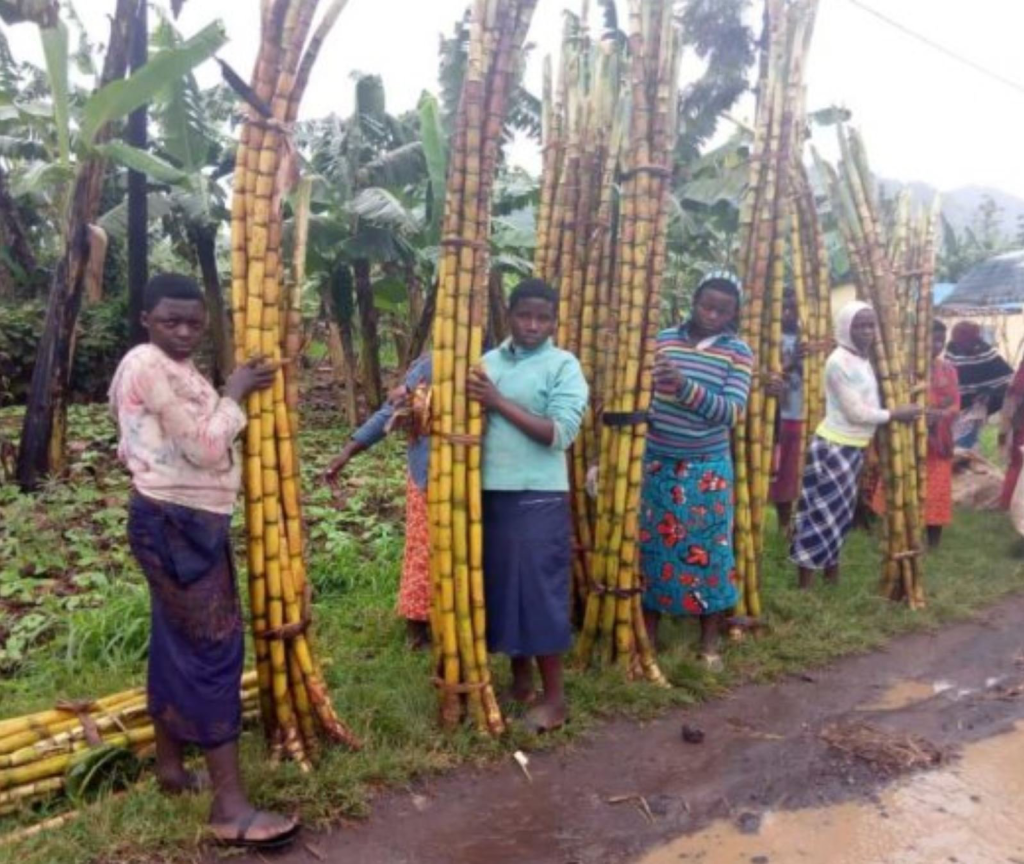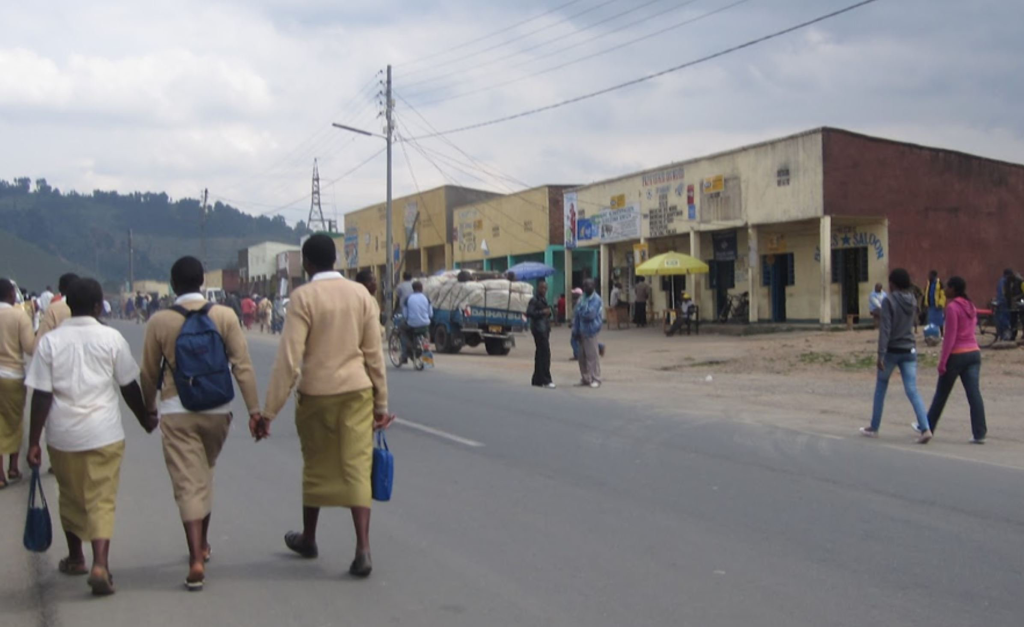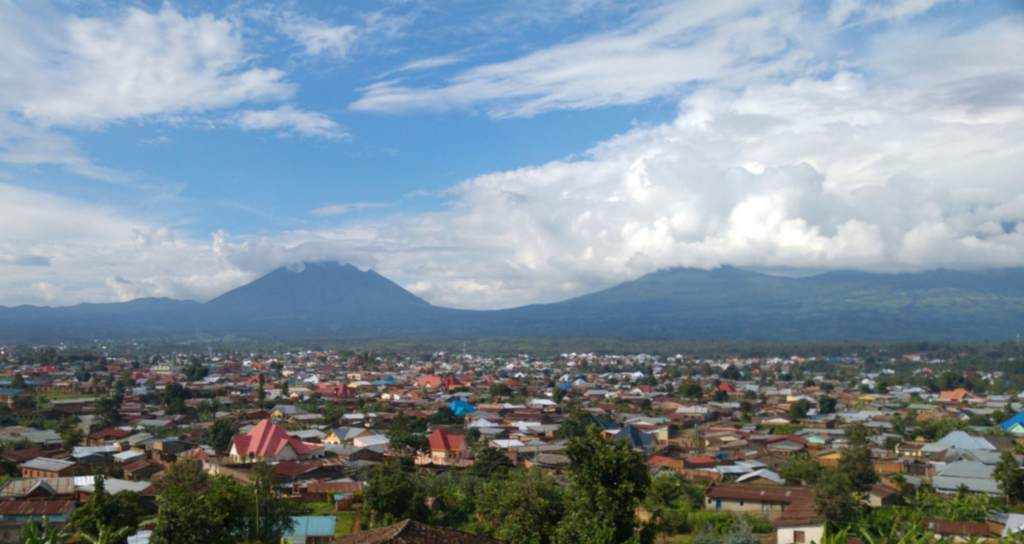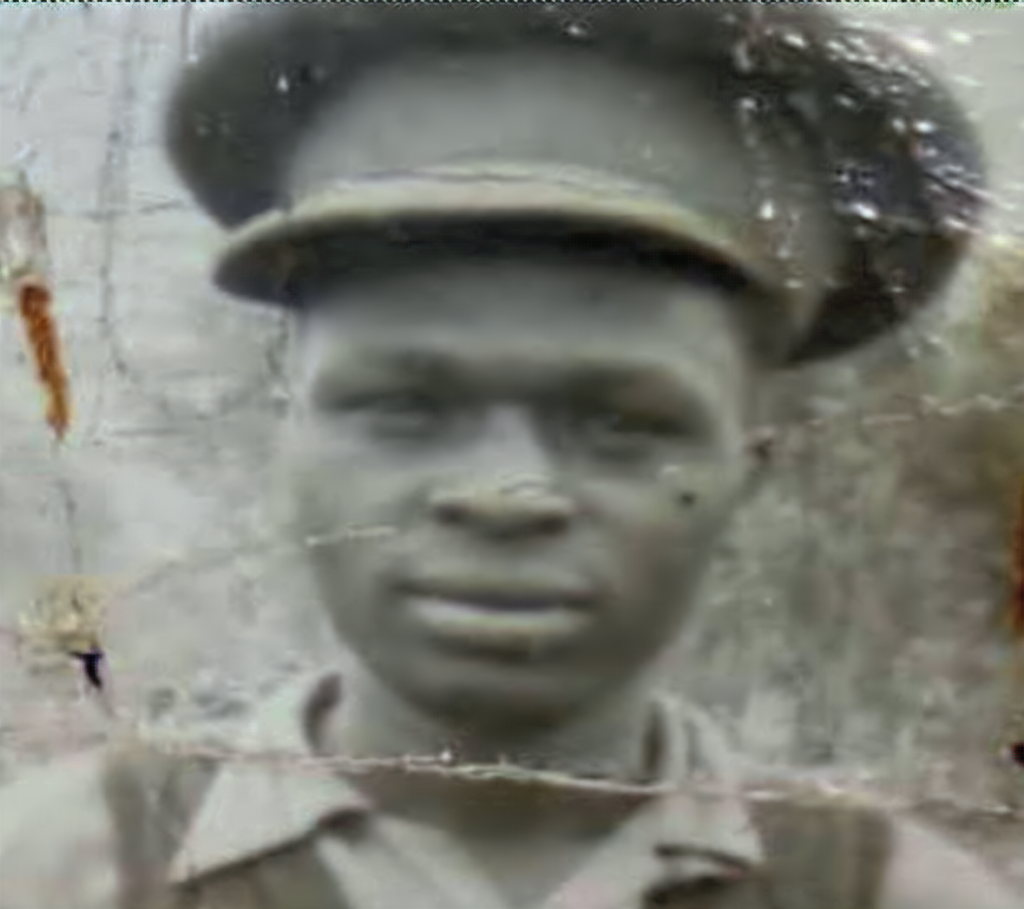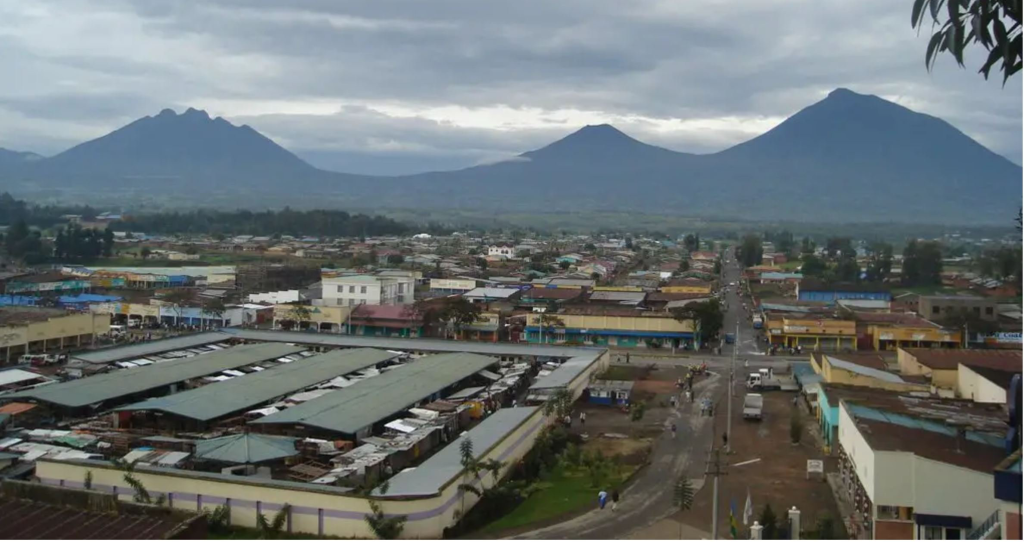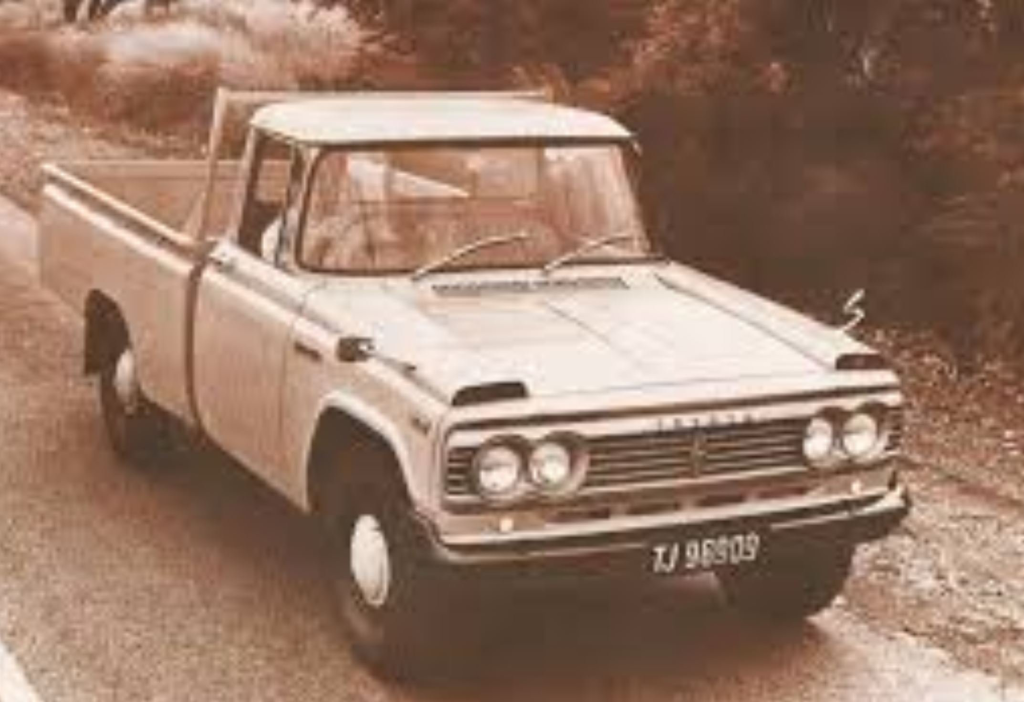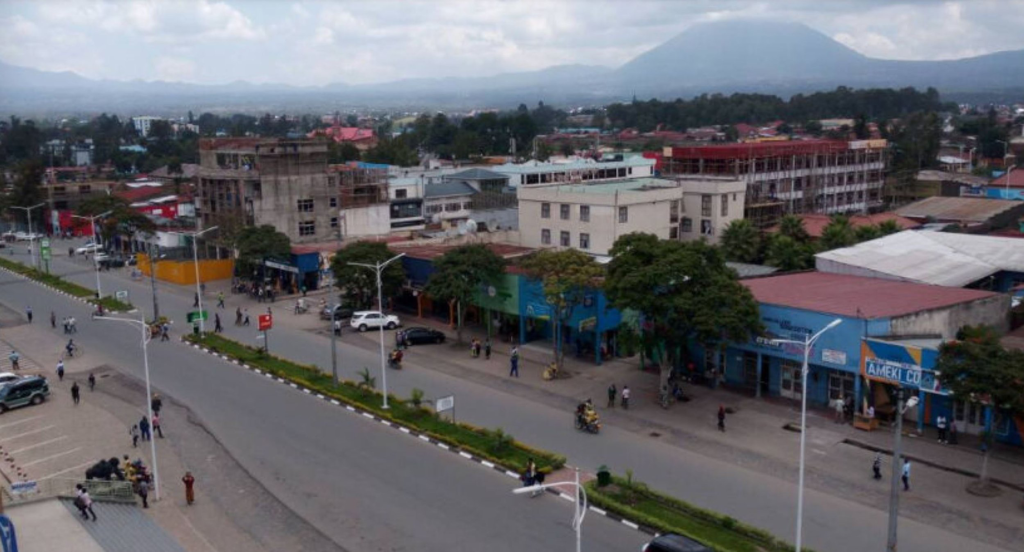I was born into a typical African family, where my father had several wives, and as a result, I grew up among many siblings. My mother, as the fourth wife, gave birth to me, making me the youngest among my siblings. In our African tradition, there are no such distinctions as “step-siblings”; we simply consider each other as brothers and sisters. Likewise, the concept of cousins doesn’t exist in our culture; we are all part of one closely-knit community.
This familial arrangement had its ups and downs. On the positive side, I relished being part of a large and supportive family, where my older siblings always had my back and protected me from bullies. However, being one of my father’s youngest children, I didn’t fully enjoy the privileges usually accorded to firstborns. Despite that, I cherished my position as the firstborn within my mother’s lineage.
My father’s job kept him far away from home, and we only got to see him on weekends. Typically, he would return on Friday evenings and stay until Monday morning before traveling back to his work station. Weekends with our father were joyful occasions because he would bring back candies and sweet treats from the cities. However, they were also nerve-wracking times as it was when we had to face the consequences of our misdeeds throughout the week.
Friday nights were spent with our tired father, sharing supper with all his children. On Saturdays, our home would be bustling with clansmen seeking my father’s advice on various matters. Being the only educated person in our large clan, people approached him for guidance on their children’s education, career choices, and family issues. Thus, Saturdays were safe and enjoyable for some of us who were a bit mischievous. However, come Saturday night, all charges against us, the children, for any wrongdoing during the week would be reviewed. My father and our mothers would then discuss and decide on appropriate punishments for each of us, depending on the severity of our misbehavior. As was common in African parenting, our parents didn’t shy away from disciplining us when necessary.
Looking back now, I realize that though we disliked being punished as kids, I am grateful to my parents for their discipline. Thanks to their efforts, I have become the person I am today.

